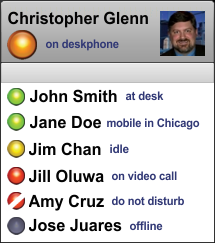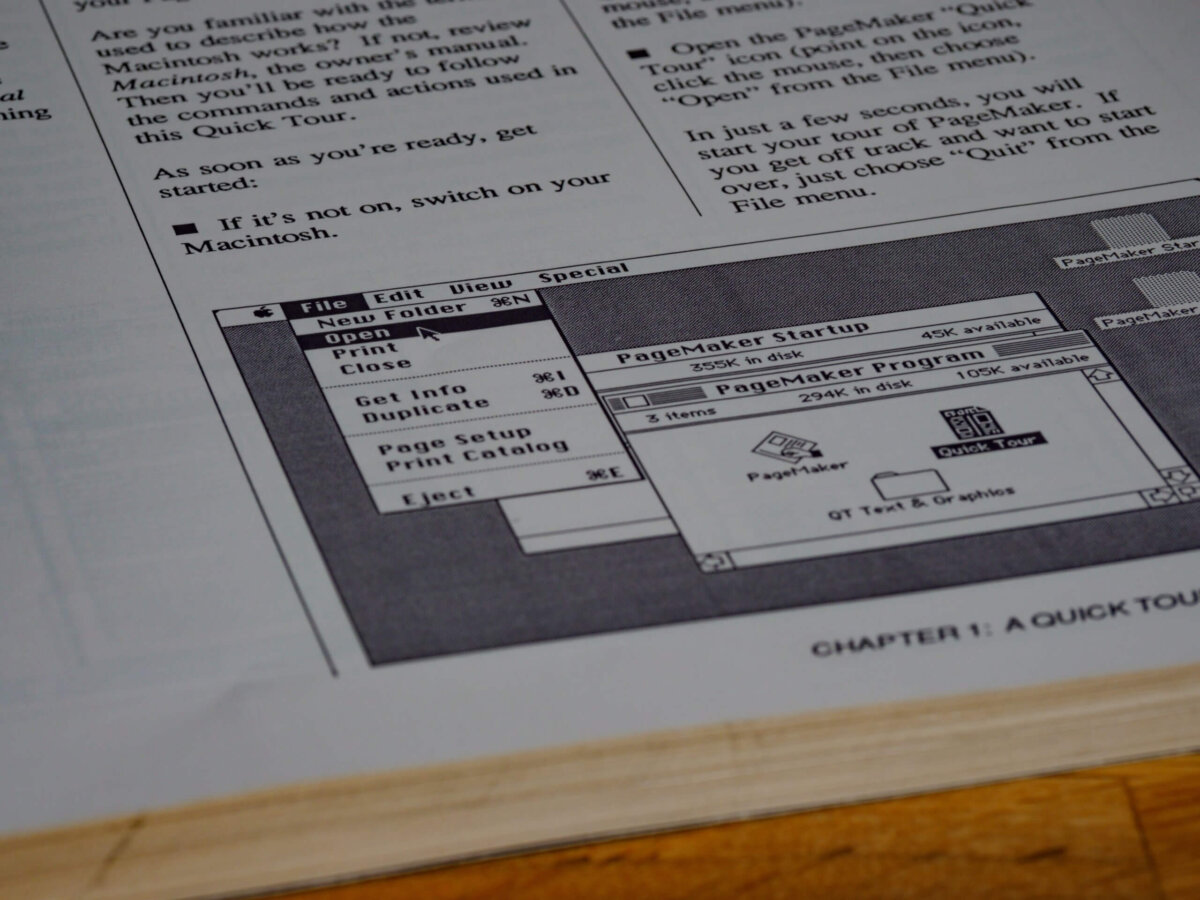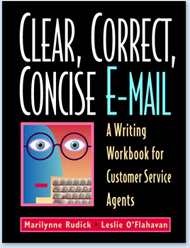 You’ve mastered report and proposal writing. You can write a tidy performance review and a compelling letter of commendation. You write concise emails, provocative blog posts, and pithy tweets. But no, that’s not enough. You’ve just learned that your company is adding instant messaging to your at-work communication options.*
You’ve mastered report and proposal writing. You can write a tidy performance review and a compelling letter of commendation. You write concise emails, provocative blog posts, and pithy tweets. But no, that’s not enough. You’ve just learned that your company is adding instant messaging to your at-work communication options.*
Follow these writing tips and you’ll get the most out of IM without driving your colleagues crazy.
1. Ask, “Is now a good time?” Add, “I have a question about…” IM is the most interruptive channel, unless you consider a toddler a “channel.” IM is, by its nature, a convenient tool for interrupting your colleagues in whatever they were doing. So when you start an IM exchange, ask if it’s convenient and briefly explain what your question is. If you start the IM conversation this way, you’ll get more of your colleague’s attention.
2. Provide an estimate of how much of the other person’s time you need. Instead of writing “Can you discuss the agenda for tomorrow’s meeting now?” ask, “Do you have five minutes now to go over the agenda for tomorrow’s meeting?” Just be sure you’ve accurately estimated the amount of time you need. Don’t try the old five-minute-fakeout when you really need 15 minutes.
3. Write short, tweet-length IMs. Keeping your IMs short does require some skill and practice, but doing so will prevent you and your colleague from writing across each other. If you go on too long, the other person may begin answering before you’re done, and then the whole exchange can devolve into a “What? Wait…” mess.
4. Use conventional spelling and punctuation. You’re at work, and your IMs are a form of professional communication. Spelling mistakes or missing punctuation just make your writing harder to read.
5. Control your tone. You think this is difficult in email? It’s much harder to control your IM tone. Because you’re crafting such short messages, it’s easy to come across as cranky. To overcome the limits of the channel, you’re going to have to try to sound friendly. Say thank you. Write full, if short, sentences. For example, “Can you explain?” sounds friendlier than “What?!”
6. Use a prepared phrase to end the IM if you need to. A phone call, an important email, or an actual live person might interrupt an IM conversation, so plan what you’ll say if you have to end the IM abruptly – and it will need to be more elegant than “gotta run.” Try these:
- I’ve got a phone call now, so I will be back in touch [insert timeframe].
- Can we continue this [insert timeframe]? I have to take a call/meet with Fred/respond to an email.
7. Know when to switch from IM to another channel: phone, meeting, or email. IM is best for talking about simple, direct topics or asking questions: “How many people from this office are going to the trade show?” or “Did Brian send the wireframes to the client yesterday?” If you need to have an open-ended discussion, choose a different channel.
8. DATM. That stands for Don’t Abbreviate Too Much, and you’re right – no one uses that abbreviation. I invented it to make a point. If the person you’re IMing doesn’t know the abbreviation you’re using, it’s a problem. Use few abbreviations and that problem is less likely to come up.







Because IM is a request for interruption I would say this to the InstantMessage originator…
1. Think first. What are you discussing?
2. In your first message actually ask a full question or say a complete thought. Do not ask people if they want to IM first.
Basically when you say “IM?” You distract them from what they were doing and then make them wait for you. It shows you don’t value their time.
This is even worse if you then walk away for 10 minutes and they respond to you saying “OK”.
greath tips, Thank you very much Leslie.!